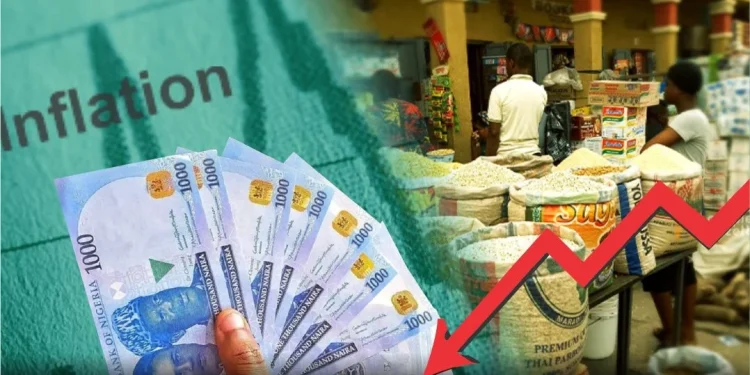Nigeria’s Consumer Price Index (CPI), which tracks the rate of change in the prices of goods and services, eased to 22.22 per cent in June 2025, down from 22.97 per cent in May, according to the latest data from the National Bureau of Statistics (NBS).
The NBS attributed the 0.76 percentage point decline in the headline inflation rate to a moderation in food and energy prices. The June 2025 CPI report showed that, on a year-on-year basis, headline inflation stood at 11.97 per cent, a significant drop from 34.19 per cent in June 2024, largely due to a change in the base year (now November 2009).
Despite the year-on-year relief, month-on-month inflation edged up to 1.68 per cent in June, compared to 1.53 per cent in May, indicating lingering short-term price pressures.
Food inflation, a critical indicator for household welfare, also declined year-on-year to 21.97 per cent, compared to 40.87 per cent in June 2024. However, month-on-month food inflation increased to 3.25 per cent, up from 2.19 per cent in May, suggesting that while annual figures reflect base effects, actual food costs are still rising month to month.
The NBS cautioned that the sharp annual drop in food inflation is “technically due to the change in the base year,” rather than a sudden improvement in market conditions.
Analysts say that while the headline and annual figures show signs of easing, core inflationary pressures remain, especially in the food sector, which continues to face supply chain and production challenges.















